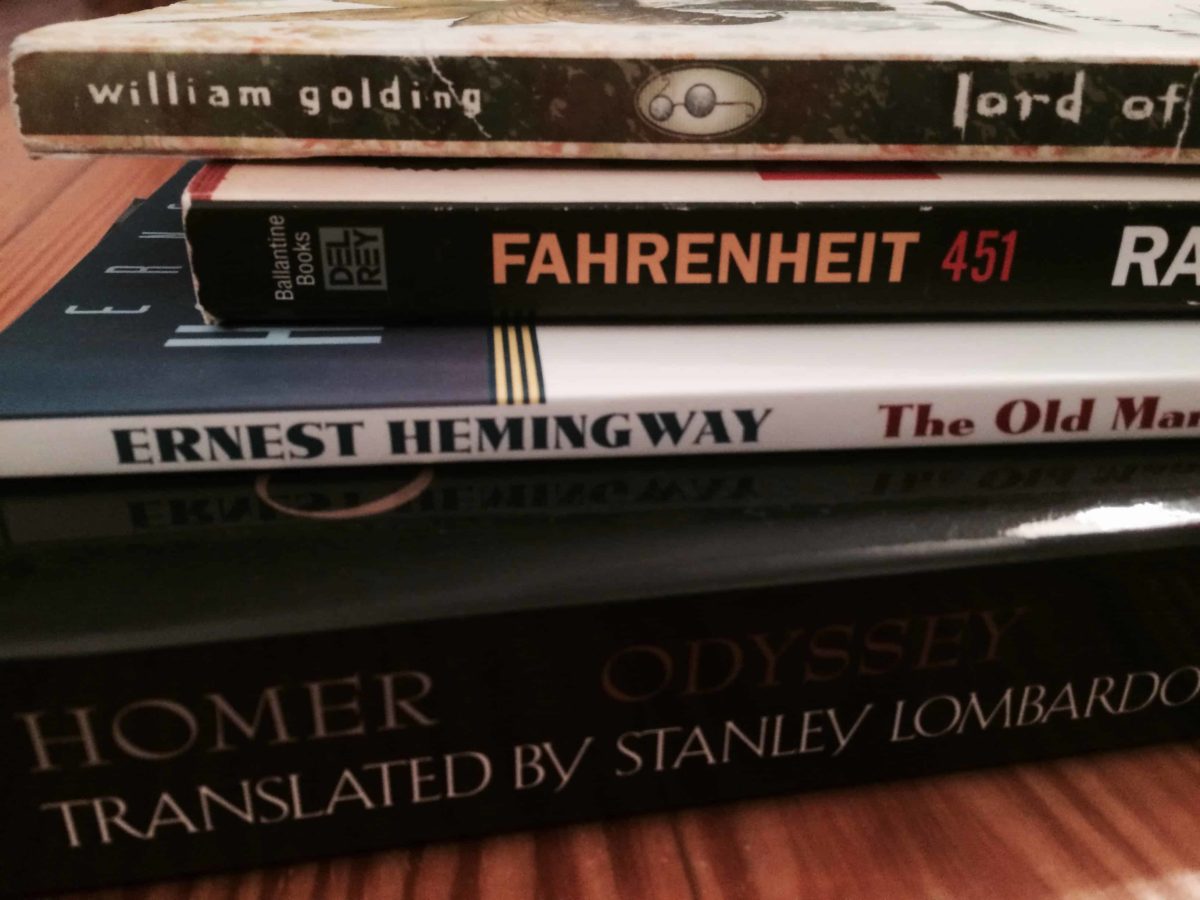

Now that the first few weeks of summer break are behind us, it’s about time for parents across the state to begin their reminders about summer reading. When I was a boy, my mom would start dropping hints in early July about the need to crack open my required reading.
Charlotte-Mecklenburg Schools is among the districts that embrace summer reading programs as a way to prevent “brain drain.”
But is summer reading – at least the way most of us envision it – the best way to keep kids engaged in learning while school is out of session?
To be clear, it’s critical that students continue reading over the summer. There is overwhelming research pointing to the benefits of summer reading programs – and to the dangers of summer learning loss, particularly for at-risk children.
When I was a student in CMS, summer reading was somewhat of a false choice. Students were required to read, but we were also required to read a specific book and then complete an assignment for review during the first week of school. As a voracious reader, I wasn’t particularly opposed to summer reading. But I always struggled with the way a particular book was thrust upon me. Don’t like the way Ray Bradbury writes? Too bad. Fahrenheit 451 is the assigned book, and you have to read it.
Over time, the district started offering a list of options – pick one book from a list of three, say – which opened up more options and made the summer reading assignment feel like more of the student’s choice. That method exposed me to important works of literature by great American authors like Salinger and Steinbeck and Hemingway.
But many of my classmates simply read the SparkNotes or CliffsNotes (often purchased by their parents) to get enough information to complete the assignment. Their limited engagement with the actual books defeated a less explicit purpose of summer reading: to develop a habit of lifelong learning.
The struggle for today’s students is even greater. They’re digital natives, often more comfortable with pixels than print.
Most older children are connected to a phone or tablet more often than not. Their attention spans are shorter. They are used to 140 characters – instead of 40 chapters. Getting them to engage with a book is essential, but tremendously more difficult.
The Charlotte-Mecklenburg Library has worked with CMS to develop an outstanding list of books, broken down by grade level,that students can read for fun over the summer. And CMS’ summer reading program, while still including classics, also features new works, including nonfiction by writers such as Katherine Boo and Rebecca Skloot, that may be more engaging for students.
There will always be a place for the study of language and literature. But perhaps that time is during the school year. Maybe we should make summer reading about just that: reading during the summer.
I’m not an educator, nor am I an expert on learning. But I wonder, is there more value to having a child begrudgingly read Catcher in the Rye and resent the process, instead of encouraging the same student to read what he’s interested in reading?
Perhaps it doesn’t matter so much what students read, so long as they do.


